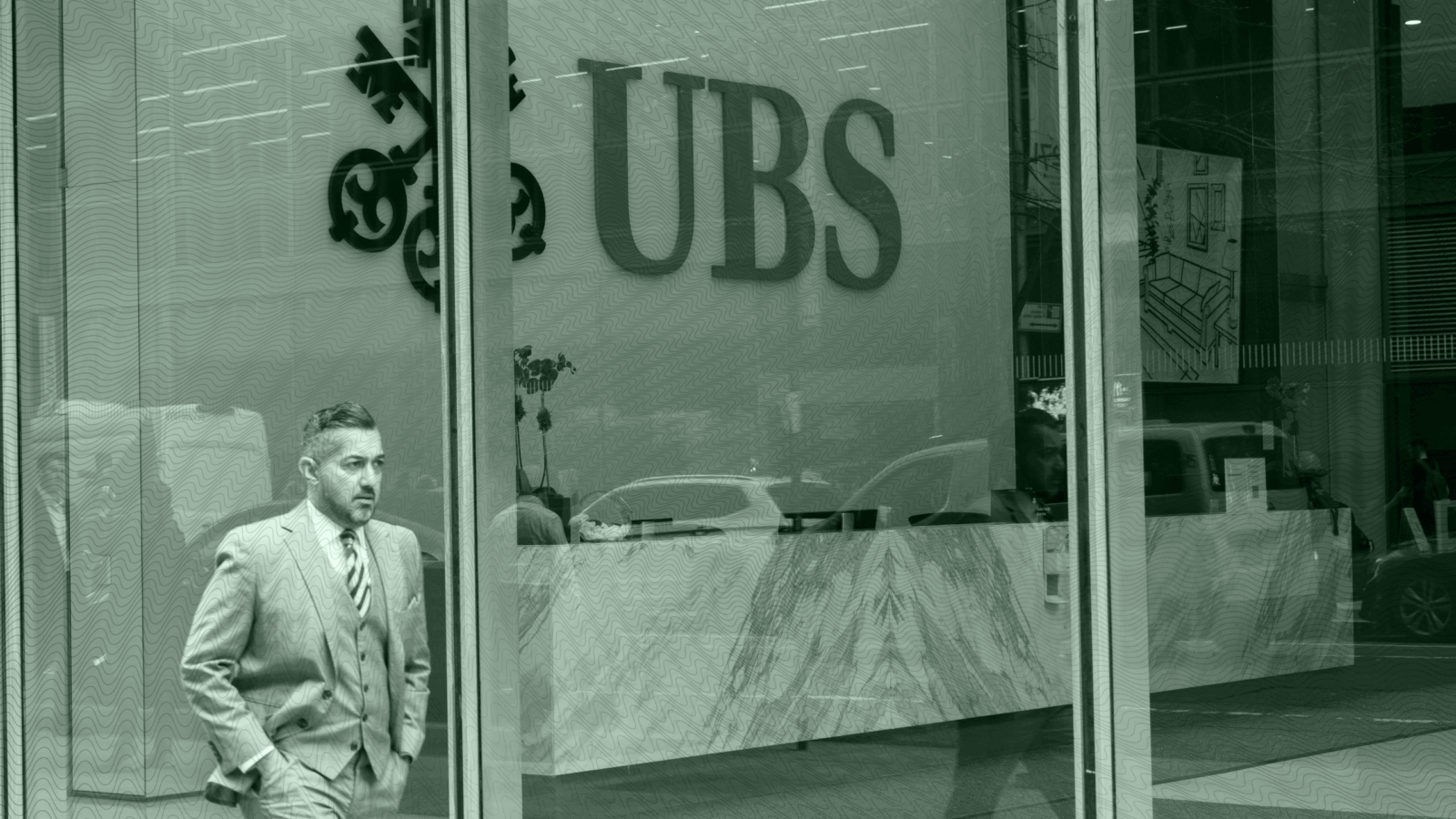Wall Street’s Hush-Hush Cash Sweeps Take Center Stage
High-profile lawsuits and SEC investigations over cash sweeps have taken the industry by storm.

Sign up for market insights, wealth management practice essentials and industry updates.
One of Wall Street’s most lucrative, and secretive, revenue streams may be drying up.
The largest broker-dealers have quietly moved clients’ uninvested cash into low-yielding accounts that earned them up to 10 times what they paid out to customers. Called cash sweeps, the programs have been around for decades and one study even found it cost investors upwards of $500 million over a six-year period. Not so much in 2024. Higher yields in everyday saving accounts and a rash of high-profile lawsuits and investigations over the practice are now taking the industry by storm.
It’s forcing clients to rethink their cash strategies and move their assets out of brokerage accounts.
Sweep It Under the Rug
In response, Wells Fargo said in a second-quarter earnings call that it would pay customers more on their cash, and that the firm could take a potential $350 million hit in its wealth arm this year. Not to be outdone, Morgan Stanley quickly announced it would pay its clients 2% in July. The company also announced a revenue loss in its sweep accounts, which topped $1.798 billion for the second quarter, down 17% from a year ago. Some dozen firms are now facing legal challenges:
- Customers alleged Morgan Stanley broke its fiduciary duty to clients by paying just 0.01% on uninvested cash, far below market rates.
- JPM faced a similar class-action lawsuit over the bank channeling customers’ idle cash into low interest rate accounts.
- Raymond James also got caught up in the lawsuit maelstrom this time alleging it only paid customers 0.25% to 3%, significantly lower than average.
The sweep programs, known in earnings reports as Net Interest Income, weren’t all cash grabs though. The additional revenue often subsidized other parts of the business. For example, it allowed low-cost pioneers, like Charles Schwab (who was the first to pay an SEC penalty over the matter in 2022), to offer their robo advisors for free, but forced them to keep a percentage of their assets in cash.
Dollar Here, Dollar There. The firms are looking for ways to supplement the lost revenue. Charles Schwab executives said the firm will look toward expanding its advice offering to retail clients in the new year, especially those that are being ported over in the TD Ameritrade deal. Those financial advice relationships are a lucrative and predictable fee-based revenue stream.
Addressing losses to its NII accounts, Morgan Stanley’s CFO Sharon Yeshaya said it was due to changes in the competitive dynamics. They’re expected to be offset by “repricing” the overall investment portfolio, she said.











